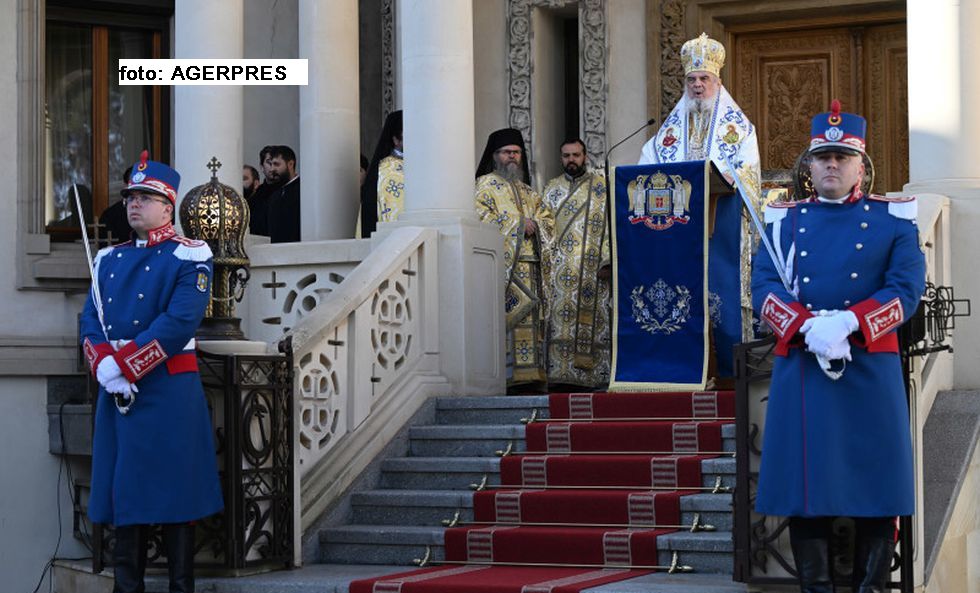Radio Novi Sad

Steliu Lambru, 01.03.2021, 13:38
Romanian language radio stations outside the country have had various degrees of longevity, but one of the longest lasting is Radio Novi Sad, in Vojvodina, in the former Yugoslavia. It is one of the few Romanian language stations which broadcast uninterrupted for over 70 years.
It was set up in 1949 as the Romanian language radio service of the capital of the so-called Serbian Banat, and had a strong political component. Ion Marcovicean was 27 when he started to work as an editor with Radio Novi Sad. In an interview with the Romanian radio Center for Oral History in 1999, Marcovicean talked about the political component of Radio Novi Sad, and its mission to counteract Soviet propaganda in the former Yugoslavia:
“In 1949, on November 29, the day of the republic, Radio Novi Sad opened its door. It opened earlier than planned, for the simple reason that the international situation was what it was. I am thinking of the attacks against Yugoslavia by the Soviet Unions Information Bureau. In Belgrade they had Radio Yugoslavia, which answered, more theoretically than not, the attacks from the Soviet Union. This did not seem to have much of an effect, so Radio Novi Sad was rushed through, with the intent to present realities in Yugoslavia, the life of each nationality and social layer, in order to resist propaganda attacks from the Information Bureau.”
The Romanian service on Radio Novi Sad was set up with three journalists and a typist. The first broadcast was issued by an emitter with half a kilowatt power, and could be received only very close to the city. With newer and more powerful emitters, the voices on the air could reach farther and farther. Ion Marcovicean said that the news came from Tanjug, the Yugoslav news agency. Journalists started to record interviews and reports, and to borrow material and information from other services as well, such as the Hungarian and Slovakian. Marcoviceean told us that the broadcasts were current affairs, culture, and political propaganda:
“The structure of programs was generally instructional and educational, because it was a time when the intention was to awaken the conscience of man in society, in the context of socialism in the country. It was all about enriching cultural life and informing about maximizing farming production. They had features for villagers, one of the most listened to, then biographical features, science and technology, parents and children, about socialism, and culture in general.”
The broadcasts of the Romanian service were on the air for 20 to 25 minutes at 5:45, 8:00, 13:00, 18:00, and 22:00. The morning broadcasts were mostly news and weather, while the political programs were in the evening. Radio Novi Sad also got correspondence from listeners, one of the great satisfactions for a radio journalist, especially when they congratulated the station. Some letters were answers to the prize winning contests run by the station.
However, Ion Marcovicean said that some news and information were also about illegal border crossings from Romania and Yugoslavia:
“Some of the news were like this: who got caught, who got away, and even who got shot. There was shooting on both sides, border guards were shooting migrants who wanted to run to either side. Things went both ways, on our side we also had people who wanted to cross, to go to Romania and then go on to the Soviet Union. Among them there was a Yugoslav general who was shot on the border by Romanian guards. However, some Romanians managed to cross into Yugoslavia. Among them was a certain Dimitriu, who worked with us on the radio for a while as a proofreader. In the 50s we had a Serbian lady from Romania, she worked with us on the air as a reader.”
The grand event of the year 1956 was the anti-communist revolution in Hungary, which was crushed by the Soviet invasion. It was a big event for Radio Novi Sad as well, as Ion Marcovicean told us:
“This was seen as something that had to do with Soviet imperialism. We commented very seriously this issue, and also the trials that followed. These were also written about in Hungary, Czechoslovakia, and Poland. We did not have correspondents in Hungary, our service, in fact none of the foreign services had correspondents. Tanjug and Radio Belgrade had correspondents in foreign embassies, and we got material from them to translate. The former ambassador to Moscow, Miciunovici, wrote a sort of diary that we translated. It presented in a strange light the behavior of the Soviets in Hungary. They even killed a person in the Yugoslav embassy in Hungary.”
In the 1980s, Romanians in Banat had in Radio Novi Sad an open window to a freer society. Fortunately, after 1989 it was still broadcasting in Romanian from the capital of Vojvodina.






























